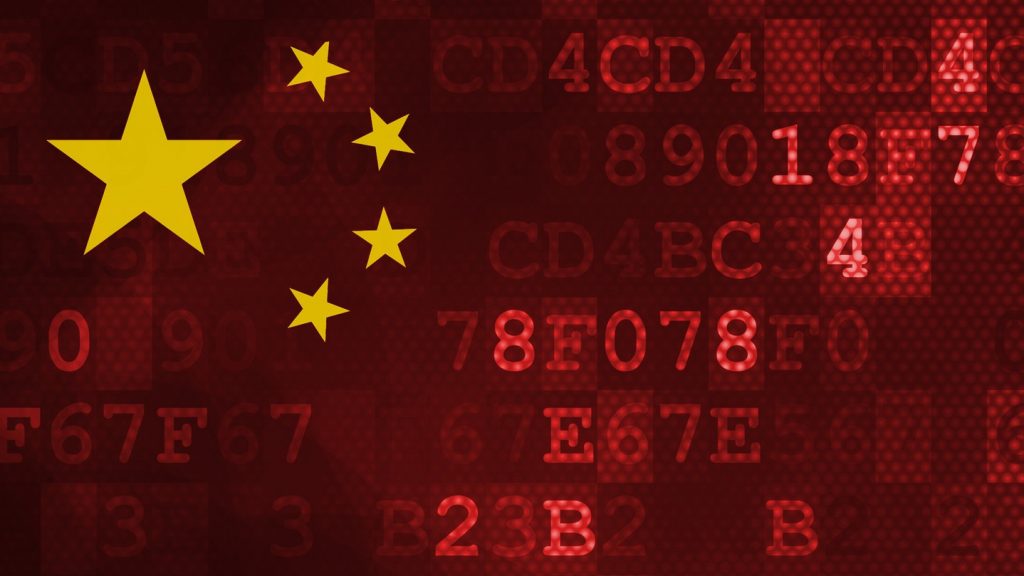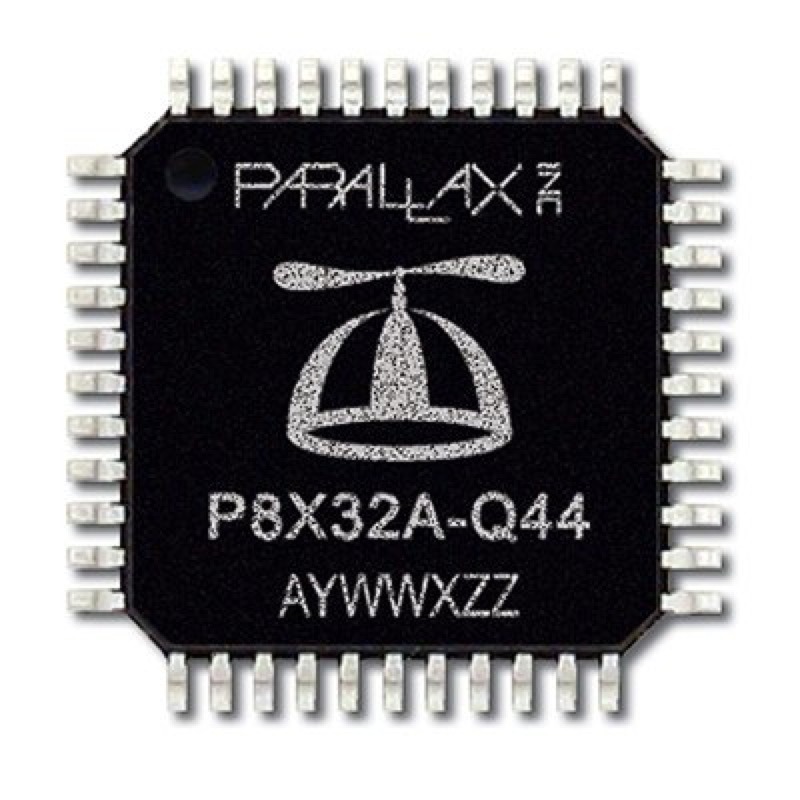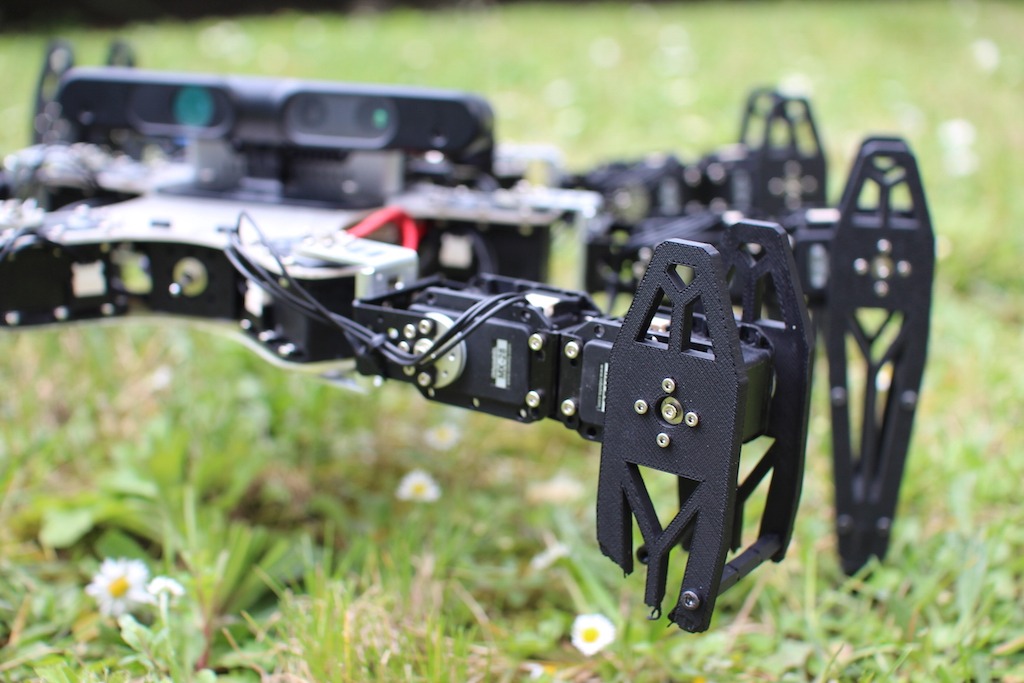- Specialized military forces to fight the network — The unit designed to carry out defensive and offensive network attacks.
- Groups of experts from civil society organizations — The unit has number of specialists from civilian organizations – including the Ministry of State Security (its like China’s CIA), and the Ministry of Public Security (its like FBI) – who are authorized to conduct military leadership network operations.
- External entities — The unit sounds a lot like hacking-for-hire mercenaries and contains non-government entities (state-sponsored hackers) that can be organized and mobilized for network warfare operations.
“It means that the Chinese have discarded their fig leaf of quasi-plausible deniability,” McReynolds said. “As recently as 2013, official PLA [People’s Liberation Army] publications have issued blanket denials such as, ‘The Chinese military has never supported any hacker attack or hacking activities.’ They can’t make that claim anymore.“
In 2013, American private security firm Mandiant published a 60-page report that detailed about the notorious Chinese hacking group ‘Unit 61398’, suspected of waging cyber warfare against American companies, organizations and government agencies from or near a 12-story building on the outskirts of Shanghai.
MOST WANTED CHINESE HACKERS
Last year, the United States filed criminal charges against five Chinese military officials, named Wang Dong, Sun Kailiang, Wen Xinyu, Huang Zhenyu, and Gu Chunhui, for hacking and conducting cyber espionage against several American companies.
The alleged hackers were said to have worked with the PLA’s Unit 61398 in Shanghai. Among spying on U.S companies and stealing trade secrets, they had also accused for stealing information about a nuclear power plant design and a solar panel company’s cost and pricing data.



